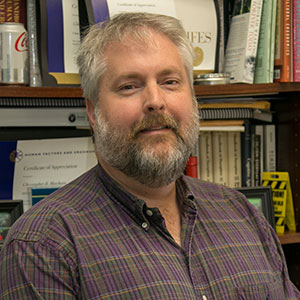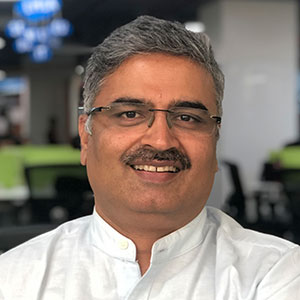
Roger K. Moore
The University of Sheffield, UK
Talking with Computers: progress and prospects
5 PM IST November 07, 2020
Abstract
Recent years have witnessed significant improvements in the capabilities of voice-based human-computer interaction, as evidenced by the deployment of commercial systems such as Apple’s Siri and Amazon’s Alexa, and the impressive demonstrations shown by Google’s Duplex. Does this mean that spoken language processing is finally a mature technology, and that we can now talk with computers as naturally as we talk with our friends and colleagues? This talk will address this question and highlight the HCI challenges that still need to be faced.
Biography
Prof. Moore has over 40 years’ experience in Speech Technology R&D and, although an engineer by training, much of his research has been based on insights from human speech perception and production. As Head of the UK Government’s Speech Research Unit from 1985 to 1999, he was responsible for the development of the Aurix range of speech technology products and the subsequent formation of 20/20 Speech Ltd. Since 2004 he has been Professor of Spoken Language Processing at the University of Sheffield, and also holds Visiting Chairs at Bristol Robotics Laboratory and University College London Psychology & Language Sciences. He was President of the European/International Speech Communication Association from 1997 to 2001, General Chair for INTERSPEECH-2009 and ISCA Distinguished Lecturer during 2014-15. In 2017 he organised the first international workshop on ‘Vocal Interactivity in-and-between Humans, Animals and Robots (VIHAR)’. Prof. Moore is the current Editor-in-Chief of Computer Speech & Language and in 2016 he was awarded the LREC Antonio Zampoli Prize for “Outstanding Contributions to the Advancement of Language Resources & Language Technology Evaluation within Human Language Technologies” and in 2020 he was given the International Speech Communication Association Special Service Medal for “service in the establishment, leadership and international growth of ISCA”.





